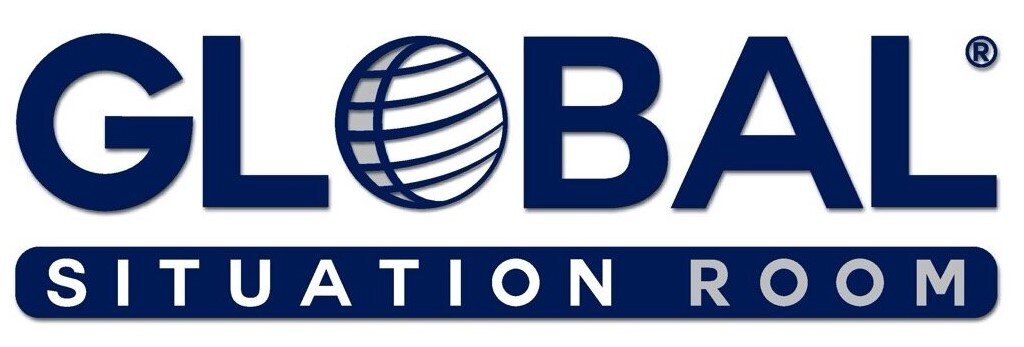Now Is The Time For A Crisis Audit
Brett Bruen for PR News
Your crisis communications plans are irrelevant. It goes without saying that the risks and realities companies currently confront have completely changed. We need to radically rethink how to approach crisis and reputation management. Start by auditing your plans, processes, and people.
It all begins by looking in the mirror and being really honest with yourself. What are your strengths and also those weaknesses you experience amidst adversity? Do you thrive on the adrenaline or prefer to hide under desk? For example, are you more or less communicative?
Put yourself and your team through a realistic stress test. Don’t make it a perfunctory tabletop exercise. They should be designed to be difficult. Ask the tough questions. Make unreasonable demands and determine where things start to breakdown. That will begin to give you an idea about how people would react in a real crisis.
Now have your leadership go through the same process. Ideally, they will also embrace the input of others. Look at how well your past plans reflect the realities of who is required to implement them. Are there disconnects or discrepancies?
How about your company? Some are inherently slower or more risk averse. This can expand or limit your options. Dive into both what went wrong in the past for you and others in your industry, as well as the near misses. There is also the critical question of realistically how many resources it can dedicate to the development of crisis infrastructure, including training.
Where is support going to come from? Once you’ve firmly established your weaknesses, it’s time to set up some support structures. These range from reassigning responsibilities to enhancing your team’s crisis capabilities. Just like other skills, we all need to develop abilities and agility to perform during the storm.
Audit your plans and processes. Challenge assumptions. Test how well they hold up in those less than optimal conditions. Ensure their adaptability to a variety of challenging circumstances.
The new reality also requires that crisis planning be an ongoing, not an occasional exercise. Once a year is no longer enough. The world is changing too fast. Companies need to find a way to bake reviews and revisions into their regular meetings.
We are undoubtedly living in an unprecedented age of upheaval and uncertainty. The old model is outdated. Even before COVID-19, regular crisis response proved to be far too rigid and reactive. There will never be a better moment for a complete rethink of how your company prepares for problems. Many may worry about such a large-scale overhaul. So, try to take it on in stages. The first step towards building a better plan is figuring out what was wrong with the last one.
Bruen is President of the Global Situation Room, Inc, a firm that specializes in complex communication strategy. He teaches crisis communication at Georgetown University and served as President Obama’s Director of Global Engagement at the White House.
